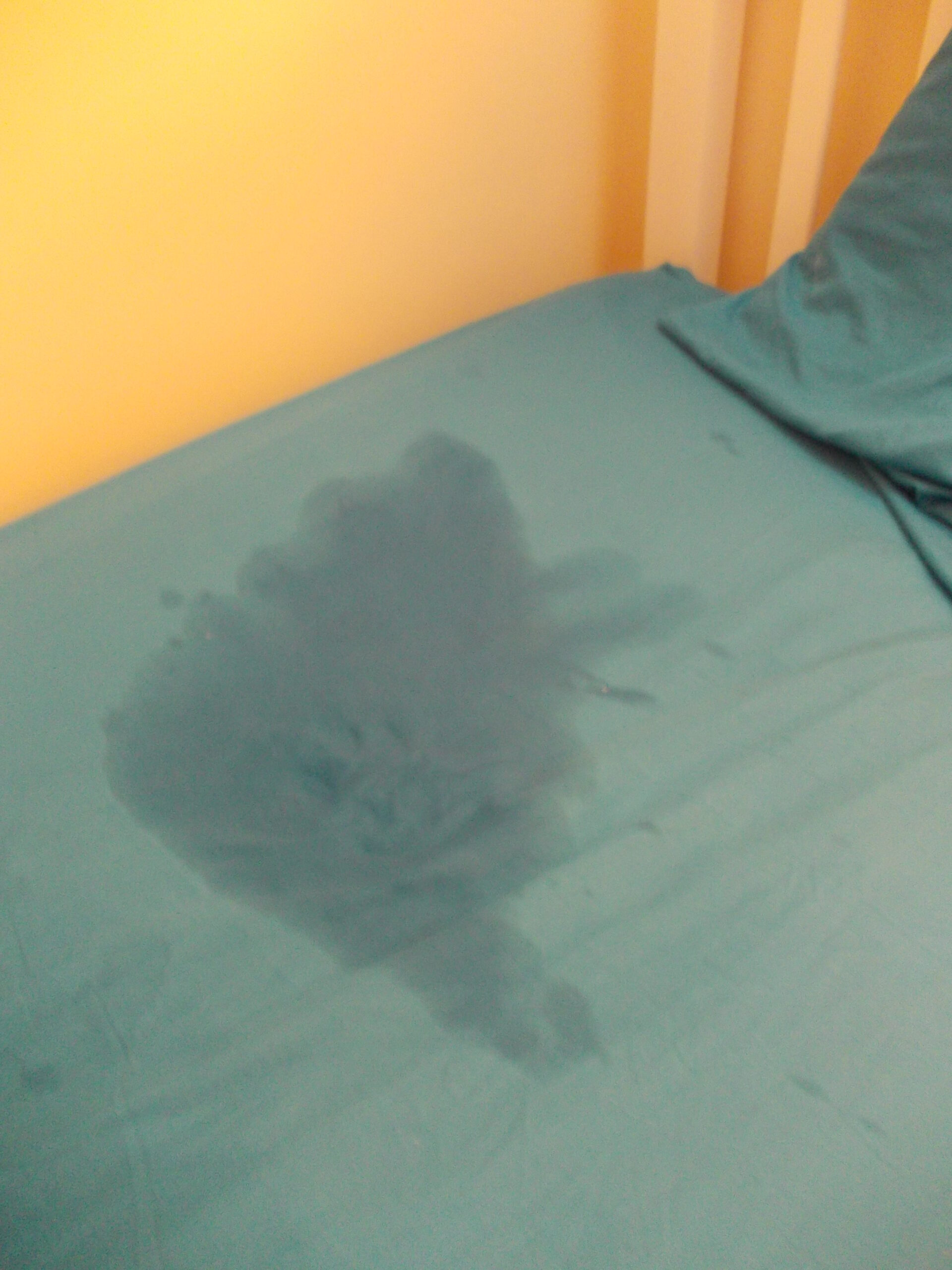Bedwetting (nocturnal enuresis): Symptoms, Causes, Treatment
What are the symptoms of bedwetting?
Bedwetting, also known as nocturnal enuresis, is the unintentional passage of urine during sleep. Symptoms of bedwetting may include:
- Repeated Episodes of Bedwetting: Bedwetting is considered a problem if it occurs at least twice a week for at least three consecutive months in children who are at least 5 years old (or the developmental equivalent).
- Wet Bedding and Clothing: Waking up to find that the bed or pajamas are wet with urine.
- Emotional Distress or Embarrassment: Children or adults who wet the bed may experience feelings of embarrassment, shame, or frustration.
- Daytime Symptoms: In some cases, bedwetting may be accompanied by symptoms during the day, such as frequent urination, urgency to urinate, or urinary incontinence in males and in females.
- Sleep Disturbances: Bedwetting may disrupt sleep patterns, leading to daytime fatigue or irritability.
- Social and Behavioral Issues: Children who wet the bed may avoid sleepovers, camps, or other social activities due to embarrassment or fear of wetting the bed.
- Nocturia: Waking up at night to urinate, which may be related to bedwetting or other underlying conditions.
It’s important to note that bedwetting is common in young children and often resolves on its own without treatment. However, if bedwetting persists beyond the age of 5 or is causing significant distress, it may be a good idea to consult with a healthcare professional for further evaluation and management.
What are the causes of bedwetting?
Bedwetting, or nocturnal enuresis, can have various causes, which may include:
- Delayed Development: Some children may simply develop bladder control later than others, and bedwetting may be a normal part of their development.
- Genetics: Bedwetting tends to run in families, suggesting a genetic component.
- Small Bladder Capacity: Some children may have a smaller bladder capacity, which can lead to more frequent urination and bedwetting.
- Hormonal Factors: The hormone vasopressin, which helps reduce urine production at night, may be lower in some children who wet the bed.
- Deep Sleep Patterns: Some children who wet the bed may be deep sleepers and may not wake up when their bladder is full.
- Urinary Tract Infections (UTIs): Infections in the urinary tract can cause increased urination and may contribute to bedwetting.
- Structural or Anatomical Abnormalities: Rarely, structural issues with the urinary tract or spinal cord abnormalities may contribute to bedwetting.
- Psychological Factors: Stressful events, anxiety, or emotional issues may contribute to bedwetting in some cases.
- Medical Conditions: Certain medical conditions, such as diabetes, constipation, or sleep apnea, may be associated with bedwetting.
- Medications: Some medications, such as diuretics, may increase urine production and contribute to bedwetting.
It’s important to note that bedwetting is not usually due to laziness or behavioral issues. Most children outgrow bedwetting without treatment, but if it persists and causes distress, it may be helpful to consult with a healthcare professional to determine the underlying cause and explore treatment options.
What is the treatment for bedwetting?
The treatment for bedwetting, or nocturnal enuresis, depends on the underlying cause and may include:
- Behavioral Techniques: Behavioral therapies, such as bladder training and moisture alarms, can help some children develop better bladder control. Bladder training involves timed voiding and gradually increasing the time between bathroom visits. Moisture alarms are devices that detect moisture in the bed and wake the child up when they start to wet the bed, helping them learn to wake up to urinate. I used a moisture alarm and it worked like magic. Cured me of bedwetting in just a few weeks.
- Lifestyle Changes: Encouraging healthy habits, such as limiting fluids before bedtime, avoiding caffeine, and establishing a regular bedtime routine, can help reduce the risk of bedwetting.
- Medications: In some cases, medications may be prescribed to treat bedwetting. These may include desmopressin, which helps reduce urine production at night, or medications that relax the bladder muscles.
- Treating Underlying Conditions: If bedwetting is caused by an underlying medical condition, such as a urinary tract infection or constipation, treating the underlying condition may help resolve the bedwetting.
- Counseling: Counseling or therapy may be beneficial for children who experience emotional issues or stress related to bedwetting.
- Supportive Measures: Providing emotional support and reassurance to children who wet the bed can help reduce stress and anxiety related to bedwetting.
- Protective Bedding: Using waterproof mattress covers and absorbent bedding can help protect the mattress and make cleanup easier.
It’s important to consult with a healthcare professional to determine the most appropriate treatment for bedwetting based on the individual’s age, medical history, and underlying causes. In most cases, bedwetting resolves on its own over time, but treatment may help speed up the process and reduce the impact on the individual’s quality of life.




